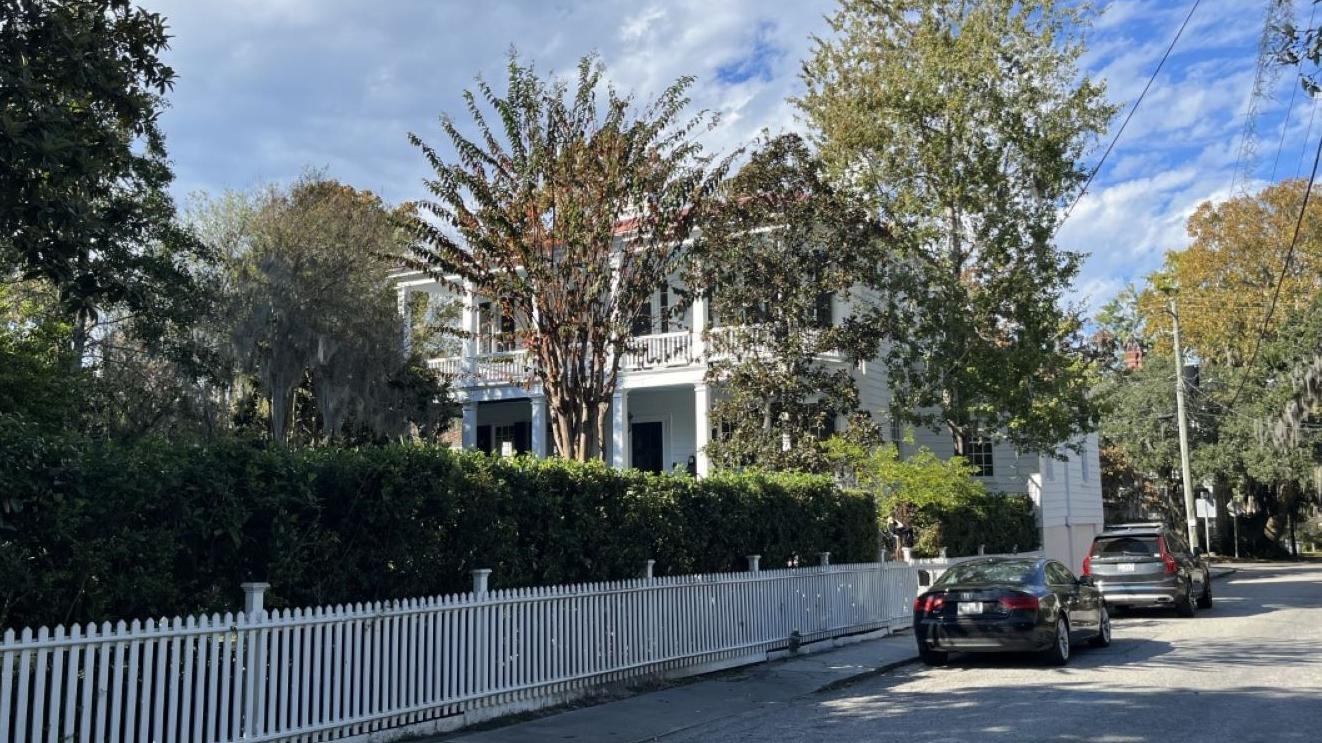Last updated: April 8, 2024
Place
Beaufort's "Contraband" Hospital

NPS Photo/R. Condon
Quick Facts
Location:
Craven Street, Beaufort, South Carolina
Significance:
A medical care facility for freed African Americans during the Civil War.
Designation:
Private Residence
OPEN TO PUBLIC:
No
MANAGED BY:
Private Property
After United States troops defeated Confederate forces on the South Carolina Sea Islands, and likewise drove white plantation owners from their homes in November 1861, the Beaufort District became a central hub for military operations along the southeasten coast and a starting point for Reconstruction in the South. While most properties and homes of the white planter class were eventually auctioned off for the nonpayment of Federal taxes, largely to freed African Americans, the US military and freedmen's aid organizations likewise repurposed a number of properties for their own use.
In addition to the more than fifteen US Army hospitals established, a care facility was set up toward the center of the town of Beaufort for freed African Americans, also referred to by occupying troops as "contraband," or refugees. This term, contraband, was a reference to the legal status of enslaved African Americans who escaped bondage and sought refuge behind US lines.
The "contraband" hospital was established in the former home of B.B. Sams on the corner of Craven and New Streets. While hospitals such as this would have been filled with those affected by disease, other patients suffered from wounds received while escaping the bonds of slavery. Among those who were employed in Beaufort's hospitals was Harriet Tubman, who, according to local tradition, is said to have provided aid for Black refugees on the grounds of the "contraband" hospital.
In addition to the more than fifteen US Army hospitals established, a care facility was set up toward the center of the town of Beaufort for freed African Americans, also referred to by occupying troops as "contraband," or refugees. This term, contraband, was a reference to the legal status of enslaved African Americans who escaped bondage and sought refuge behind US lines.
The "contraband" hospital was established in the former home of B.B. Sams on the corner of Craven and New Streets. While hospitals such as this would have been filled with those affected by disease, other patients suffered from wounds received while escaping the bonds of slavery. Among those who were employed in Beaufort's hospitals was Harriet Tubman, who, according to local tradition, is said to have provided aid for Black refugees on the grounds of the "contraband" hospital.
